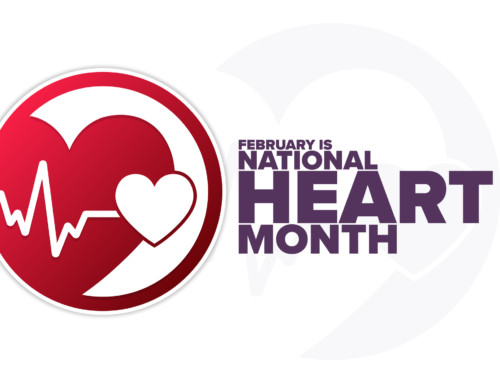Provided by Dr. Jason Phillips, Urologist
Tri-City Medical Center recognizes the significance of June as Men’s Health Month and would like to take this opportunity to raise awareness of preventable health problems by educating our community. Erectile dysfunction, also known as ED, is a rarely-discussed but very common medical condition that affects men worldwide. In fact, approximately 1 in 5 men in the United States over the age of 20, roughly 30 million men, suffer from ED.
What Is Erectile Dysfunction?
To understand ED, it is important to understand how erections occur. Under normal circumstances, psychological or sexual stimulation causes the penile smooth muscles to relax, allowing increased blood flow to the corporal bodies (the two chambers within the shaft of the penis). As the penile arteries expand the penis elongates and clamps down on the venous outflow to maintain the erection. If the arteries are calcified or diseased such as someone with heart disease or vascular disease, blood flow may be compromised. It is important to see your doctor if you have new onset erectile dysfunction as it may be an indication of cardiovascular disease.
What Causes Erectile Dysfunction?
The causes of ED are often multifactorial and include such common conditions such as diabetes and heart disease. Sometimes the condition can be an early warning sign of heart problems and up to 40 percent of ED cases are the result of vascular problems such as atherosclerosis, or plaque buildup in your arteries. ED can also be a result of low testosterone – and this should be checked. ED can have broad implications on a man’s quality of life and can include difficulties with depression, intimacy and self-esteem.
Treatments for Erectile Dysfunction
Treatments for ED usually can be classified into five categories.
- Medications – The most common treatment for ED are oral prescription medications. These medications are phosphodiesterase-5 inhibitors and are the Viagra’s of the world. They work by bringing more blood to the penis to improve the rigidity of erections. Most people are candidates but care should be taken with some medications and cannot be taken with nitrates.
- Vacuum erection devices (VED) – These devices work by using negative pressure to the penis and keeping in the penis with an elastic tension ring. VEDs have been around since the 1980s and can help most people but can be uncomfortable.
- Injectable Medication & Intraurethral Suppositories – The next line of treatments work by placing medications directly into the penis through an injectable or intraurethral suppository. One such option is MUSE, a small pill that is placed directly into the urethra and gives medication locally. Self-injections work by injecting medication directly into the corporal bodies to induce an erection. Injections work well for most people but the man or his partner must be willing to inject the medication into the penis.
- Prosthesis – For those men who wish to achieve an erection but have failed the previous treatments, a penile prosthesis is the final option. Penile implants have been used since the 1970s and typically consist of inflatable cylinders that are placed into the corporal bodies of the penis in the operating room. Patient satisfaction is high with penile prostheses and can be a life-changing event for many men and their partners.
If you are having difficulty with your erectile function, talk to someone. Talk to your partner, talk to your friends, or talk to your doctor – just know that you are not alone when it comes to this condition. Options are out there, so find out if there is a treatment option right for you!
Dr. Jason Phillips and Dr. Boonjindasup at Urology San Diego are specialists in men’s urological health and are available to discuss your options if you suffer from erectile dysfunction. Telemedicine appointments are available.
To request a consultation visit Urology San Diego or call 760.295.9984.





